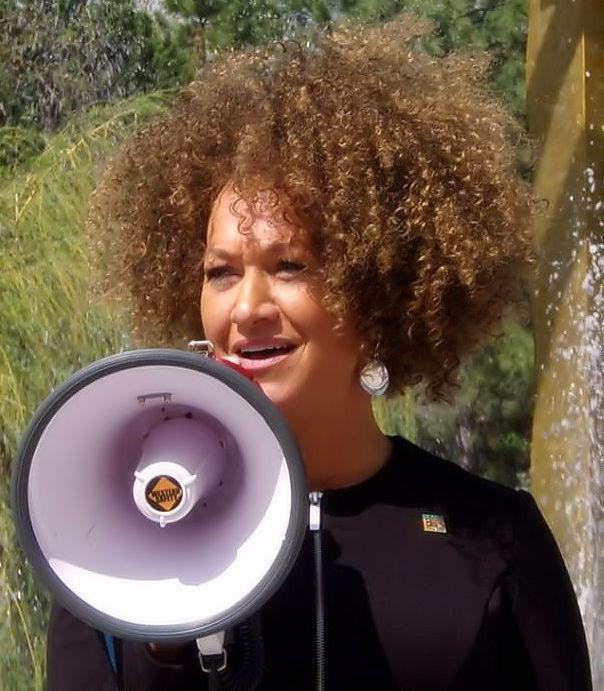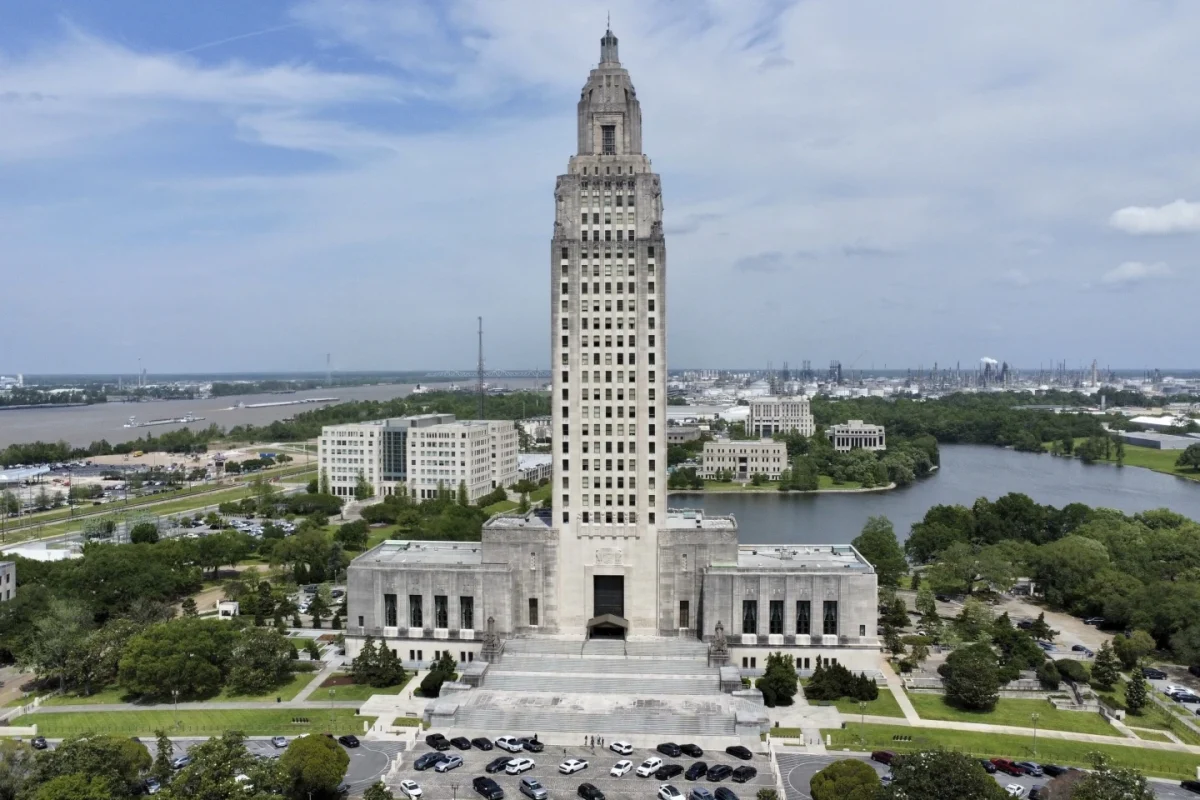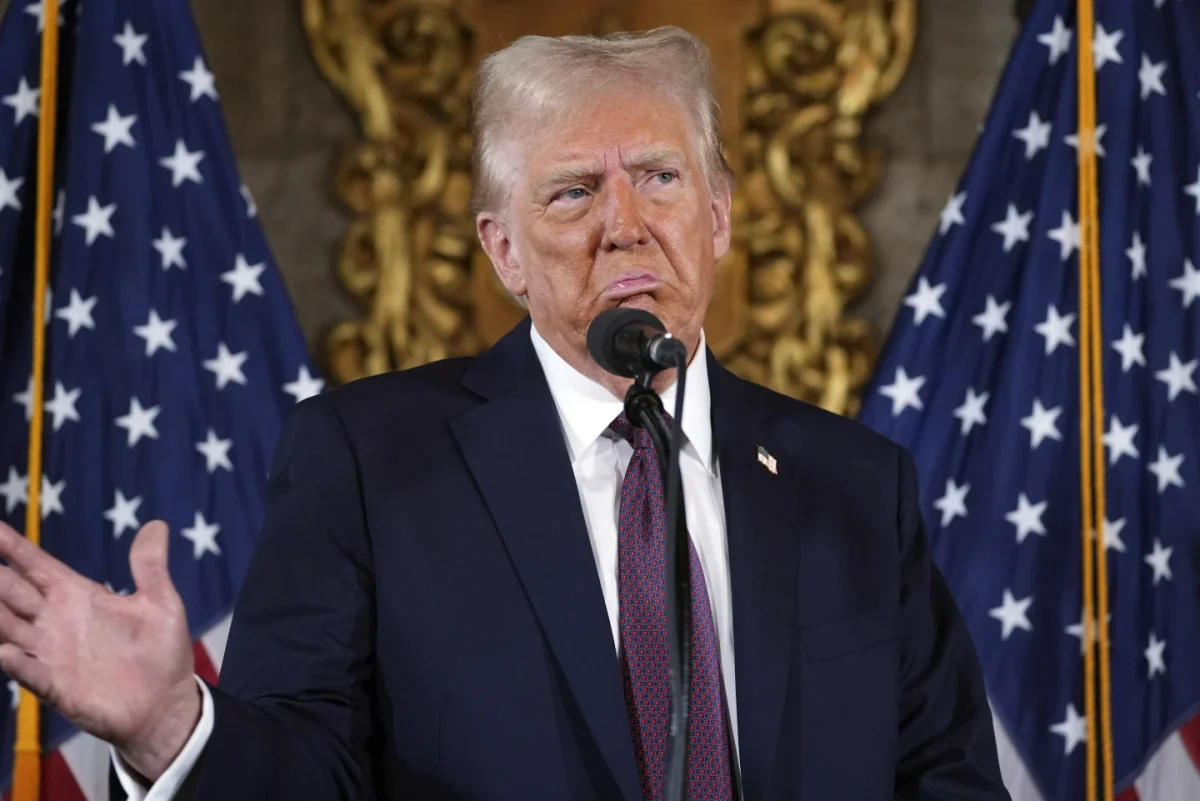In June 2015, news broke that former NAACP leader and civil rights activist Rachel Dolezal was the child of two white parents, despite impersonating a black woman for the majority of her adult life.
During a television interview after the truth was revealed, she admitted to having white biological parents — however, she made it clear that although that may be true, she identifies as a black woman.
Not only is Dolezal white, she’s so white she believes she could pose as a black woman and everyone is suppose to be OK with that. White privilege at it’s finest.
Could you imagine if a black woman tried to pass as a white woman? The country would lose its mind. How dare a black woman, who is often seen as lesser for being a part of two marginalized minority groups, ever try to be a white one? And, honestly, a black woman would have more of an excuse to misidentify. I don’t think anyone should deny their true identities; it’s what make a person who they are. But there’s a difference between a white woman posing as a black woman and vice versa.
If a black woman were to identify as a white woman, I’m sure she’d do so to reap the benefits: an attempt to get a taste of white privilege. Not saying it’s right in any way, but it’s much more excusable — an appeal to obtain equality for herself.
Dolexal is not living the everyday struggle of a real black woman. If her life ever got too hard, she could identify as white again. That’s a lesser struggle. It’s OK to admire or appreciate a race, but there is a line that should not be crossed — one that Dolezal crossed. She’s welcome to be an ally, but she doesn’t want that. She wants to be a part of something that she is not, and that’s not OK.
The outrage surrounding Dolezal has died down recently. However, on Monday night, she incited nationwide fury again when she told BBC in an interview that she was “transracial.”
For some people, this can get complicated because it’s thought that if a person can be transgender, then they can be transracial as well. Some people agree with the notion and others think “transracial” is a false term, at least in the way Dolezal uses it.
The validity of being transgender versus transracial is a debate I can’t necessarily argue in favor of or against. It’s something that confuses me, but it’s also something I’m open to learning about and understanding.
I don’t accept what Dolezal did, but I do consider her argument.
I am a black woman who is neither transgender nor “transracial.” However, it is something that heavily affects the society we live in. Times are changing and we have to keep up with them — and that is what I say about all social aspects of this country. We shouldn’t write something off because it doesn’t affect or relate to us. We need to be open to learning.
I challenge the University to create more classes on topics such as the transgender versus transracial debate. We have a few select courses that may touch on the topic, but we need to have a purer focus on changing aspects of society.
Clarke Perkins is a 21-year-old political science junior from New Orleans, Louisiana.
Opinion: Judgment of Rachel Dolezal’s ‘transracial’ argument should be suspended
April 1, 2017
Last week, Rachel Dolezal told BBC in an interview that she identifies as “transracial.”








